This story originally appeared in i-D’s The Voice of a Generation Issue, no. 356, Summer 2019. Order your copy here.
There’s a disconnect between many LGBT+ youth in 2019 and the generation who spearheaded the liberation that began in anger one summer evening in 1969. Stonewall is a movement and mainstream metaphor now, but its inception was more than just about breaking down the last barriers to equality, it was a reaction to institutionalised and deeply embedded prejudice. Pride marches, though cause for celebration in the many countries where gay persecution persists, have become detached from these radical origins. For many of the elders at SAGE USA — America’s largest and oldest LGBT+ ageing organisation — their activism over the past 50 years has provided a present much safer from hatred, prejudice and violence for young people. But the process of ageing has left them once again feeling invisible, and unable to participate fully in the equality that they themselves fought for.
“I used to say to myself, ‘When will the day come when we can be who we are?’” says Reverend Magora Kennedy, an activist, former Black Panther, and the “gayest great-grandmother” you’ll ever meet. “Then Stonewall broke out in 1969… That was it.” Sat in a SAGE breakroom overlooking 7th Avenue, Reverend Kennedy is just a few blocks from the spot where a raid on a gay bar in The Village on 29 June 1969 became a turning point in LGBT+ liberation. “People used to come to New York City from all over, on the weekends, to be gay,” she explains. “Then the cops would raid the bars and beat them up and people would run away.”
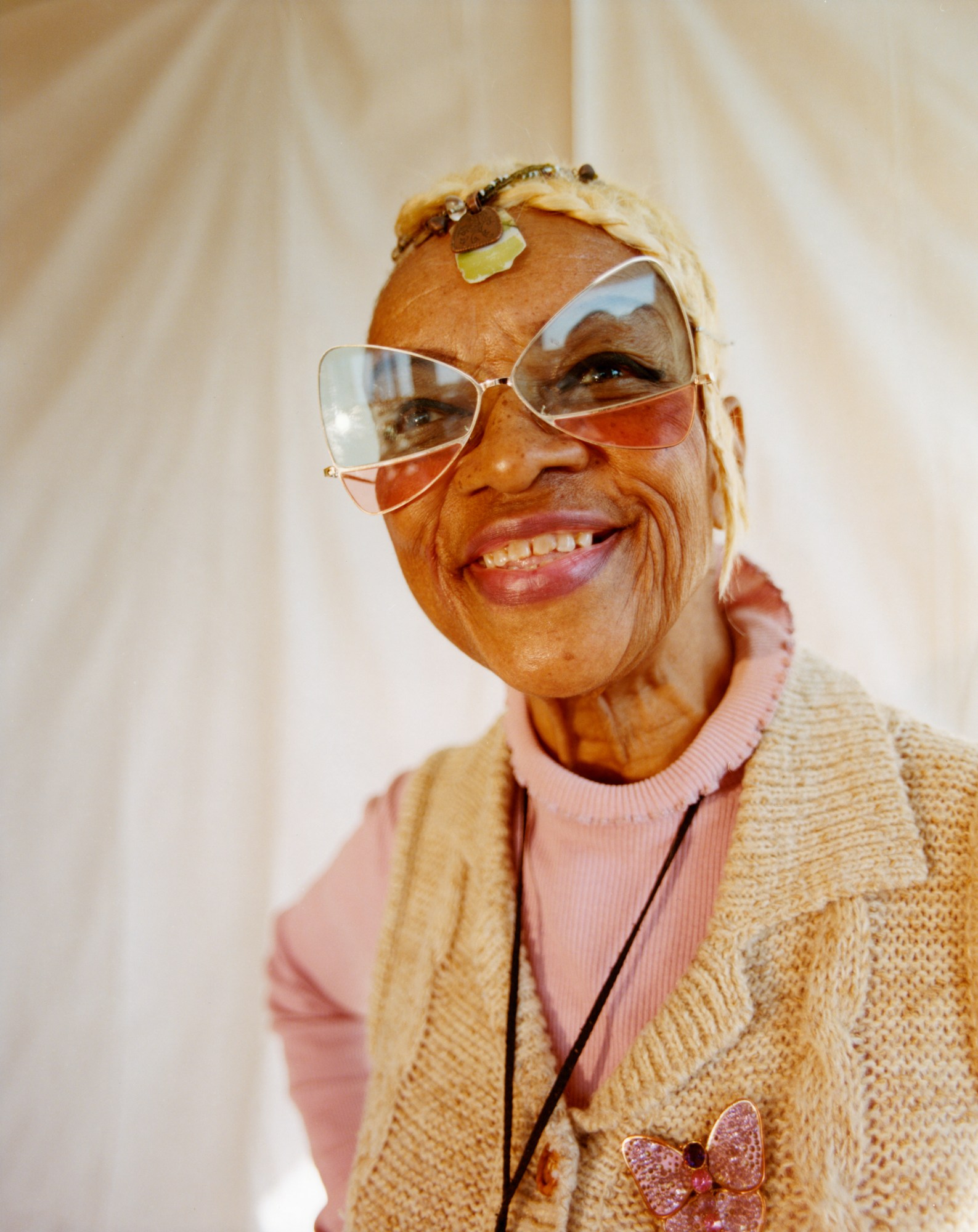
On the night the riots broke out, Reverend Kennedy had been on her way to Provincetown with a few gay friends. “The radio comes on, going ‘The faggots are fighting!’” She turned her car around and headed straight back to the city, where the demonstration was escalating. “What happened was, Judy Garland had died. They had her wake up town, so everybody got dressed up in all their finery to go uptown to this wake. When it started raining, everybody went back to the Stonewall Inn, to kind of lament what had happened to Judy. Cops decide to pull their raid, and that was the night.”
Alongside some of the most important figures in the history of gay liberation — Sylvia Rivera, Stormé DeLarverie, Jim Owles, Marsha P. Johnson — Reverend Kennedy endured violence and vitriol from the police, the public and the press in the months that followed that first riot. “One time, people started throwing garbage at us, they called us all kinds of names. We linked arms and kept marching like they weren’t there.” In 2019, her activism can be seen everywhere. “When Governor Cuomo signed into law, in the State of New York, same-sex marriage, my son called me. He said ‘Ma! They’re signing same-sex marriage into law in New York’ and I said, “I know, I helped!”
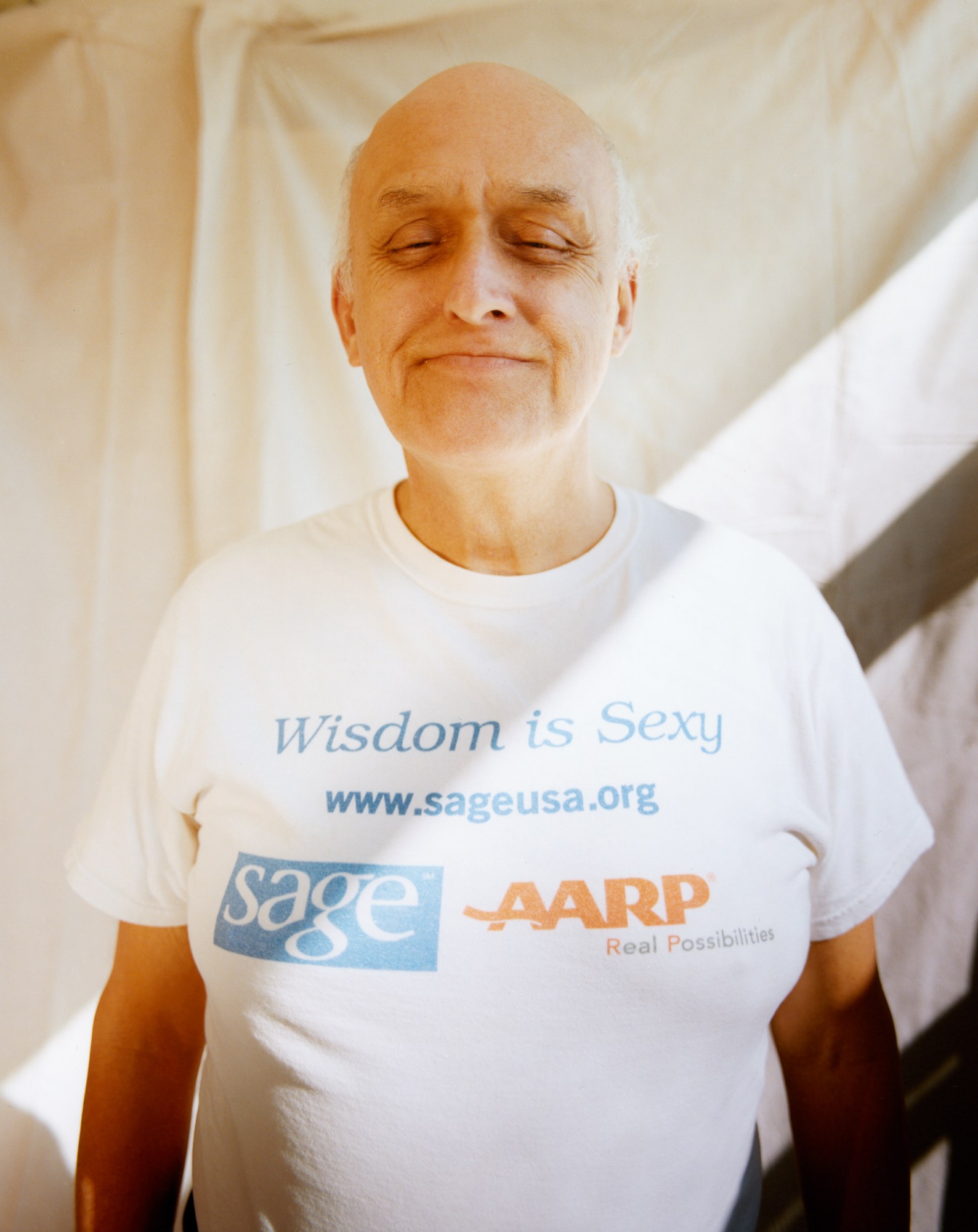
Joe Negrelli has been in New York 62 years. “I was drinking at the Stonewall Inn the night it all began. What started the whole incident was a policeman came forward and said, ‘whoever threw that bottle, I want you to come forward and be arrested’. No one budged. Several more bottles were thrown, someone actually threw a garbage can…” Back then, Joe explains, the LGBT+ scene was made up of different gay advocacy groups, “One was an entirely social organisation of gay men and women, The Westside Discussion Group, then there was The Mattachine Society, which was middle-aged gay men trying to start a dialogue with the police, and then The Daughters of Bilitis, an organisation of lesbians.”
Immediately after the riots there was a community meeting in Sheridan Square Park. “We got together, and decided to start an organisation called The Gay Liberation Front, trying to organise homosexuals they knew to come and demonstrate against police brutality — up until that point there was no place to go if you were discriminated against as a gay person,” he says. “The police did not have a system in place to address any concerns for gay people. It was… that’s life.”
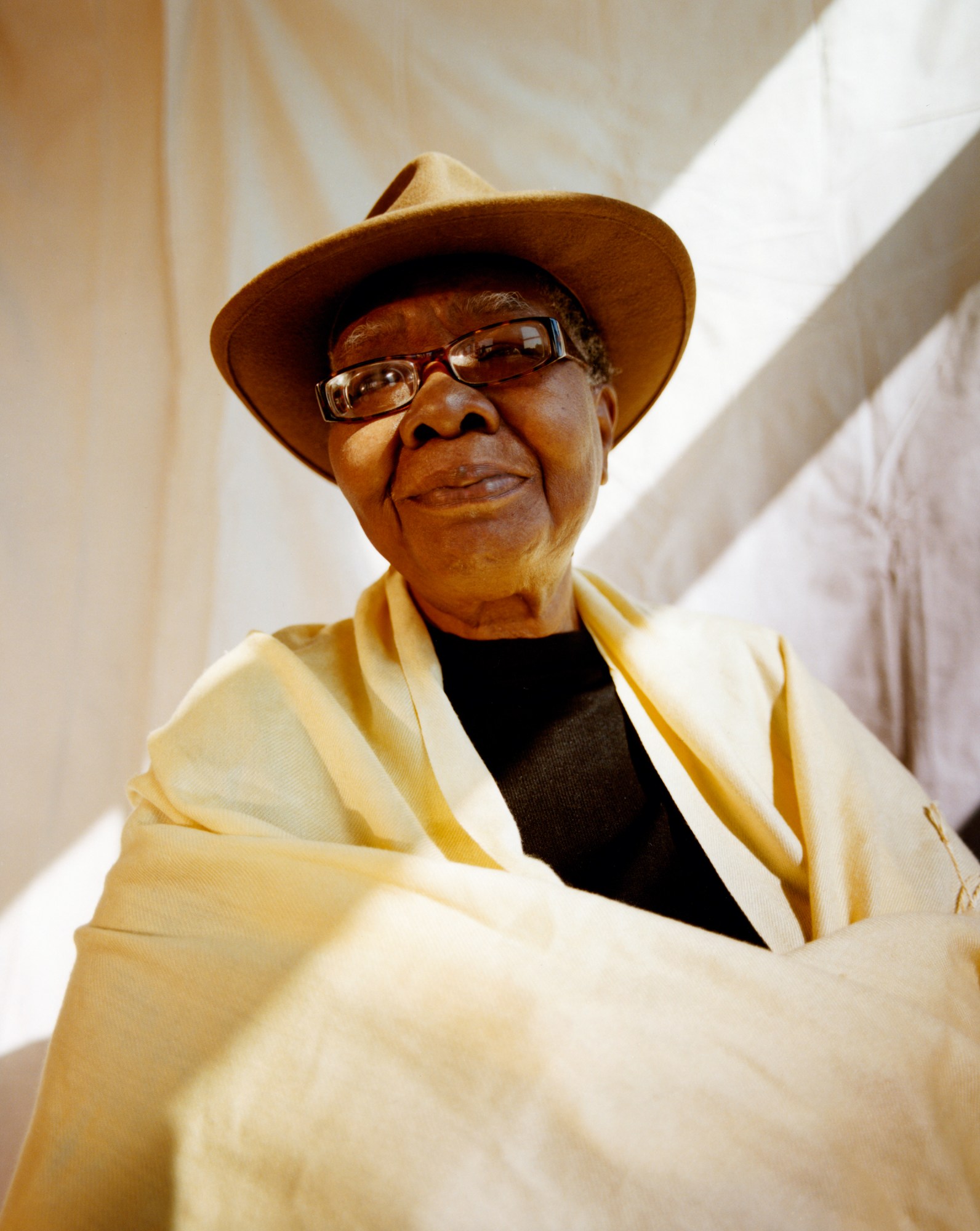
Lujira Cooper wasn’t part of the riot, but worked at a YMCA a few streets over from the Stonewall Inn. Alongside many other LGBT+ elders at SAGE, she travelled to Washington DC last month, to speak with legislators about the rights of LGBT+ elders in America. “They’re trying to remove LGBT seniors from an elderly care act and what it’s doing is creating invisibility again,” Lujira says, of the Trump administration’s ignoring of LGBT+ seniors in an annual survey for elderly Americans. “If you’re invisible you don’t count and if you don’t count, there’s nothing anybody’s gonna do.” The mission was to send a loud message to Congress that they will continue to fight until every elder has complete equality. “Though it felt a little like preaching to the choir with the politicians that showed up, it was nice… the idea that we do have people advocating for us in Congress.”
It’s like what Ellen Brodsky, a lesbian activist raised in the Bronx, says: “Nothing about us, without us.”
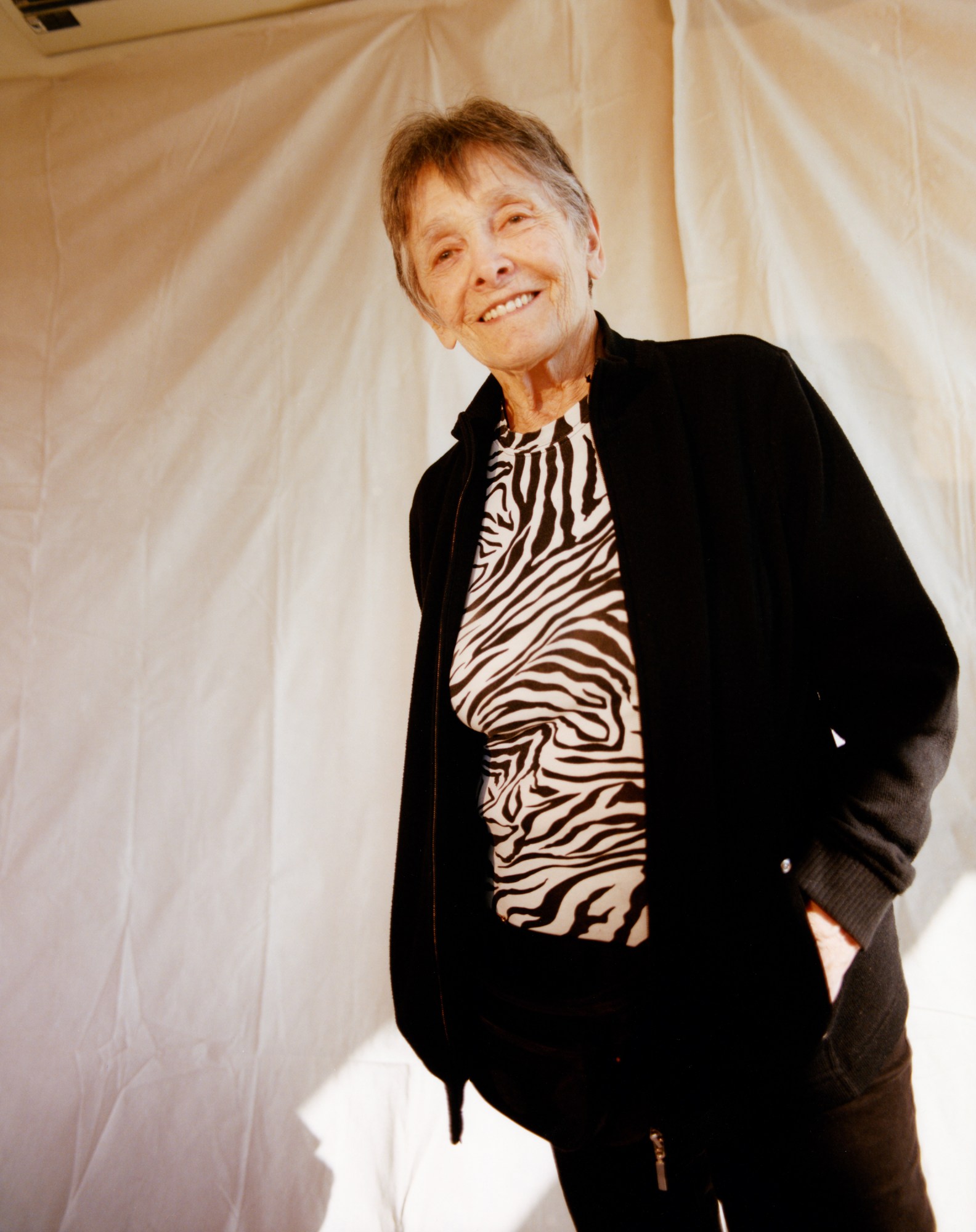
Ellen has devoted much of her later career to ensuring there is basic education for carers of LGBT+ elders. “I used to inspect long-term care facilities for the elderly and I started to discover patients were quietly gay,” she explains. “One time when I was looking at the organisations for older people, I came in and there’s a woman looking up at me who asks ‘Are you a lesbian?’ That brought up a lot of issues. Was she a closeted lesbian? Here she is in a nursing home, and doesn’t know how to deal with it. Did she know other lesbians? That started my activities in New York City educating senior service providers about gayness.” Ellen’s work has highlighted how imperative it is to extend the same rights to gay and trans elders, as it is to ensure LGBT+ kids grow up in a world they feel safe in.
While much progress has been made, Ellen still fondly remembers the scene decades ago. “There was something special about being part of a secret society. We had all sorts of wonderful places to meet secretly. You were part of a group and everybody was anxious to get to know you in that group. I used to go to a place called The Duchess on Christopher Street and 7th Avenue. I remember going in, getting up on the stools, looking around and seeing who was interesting to me.”
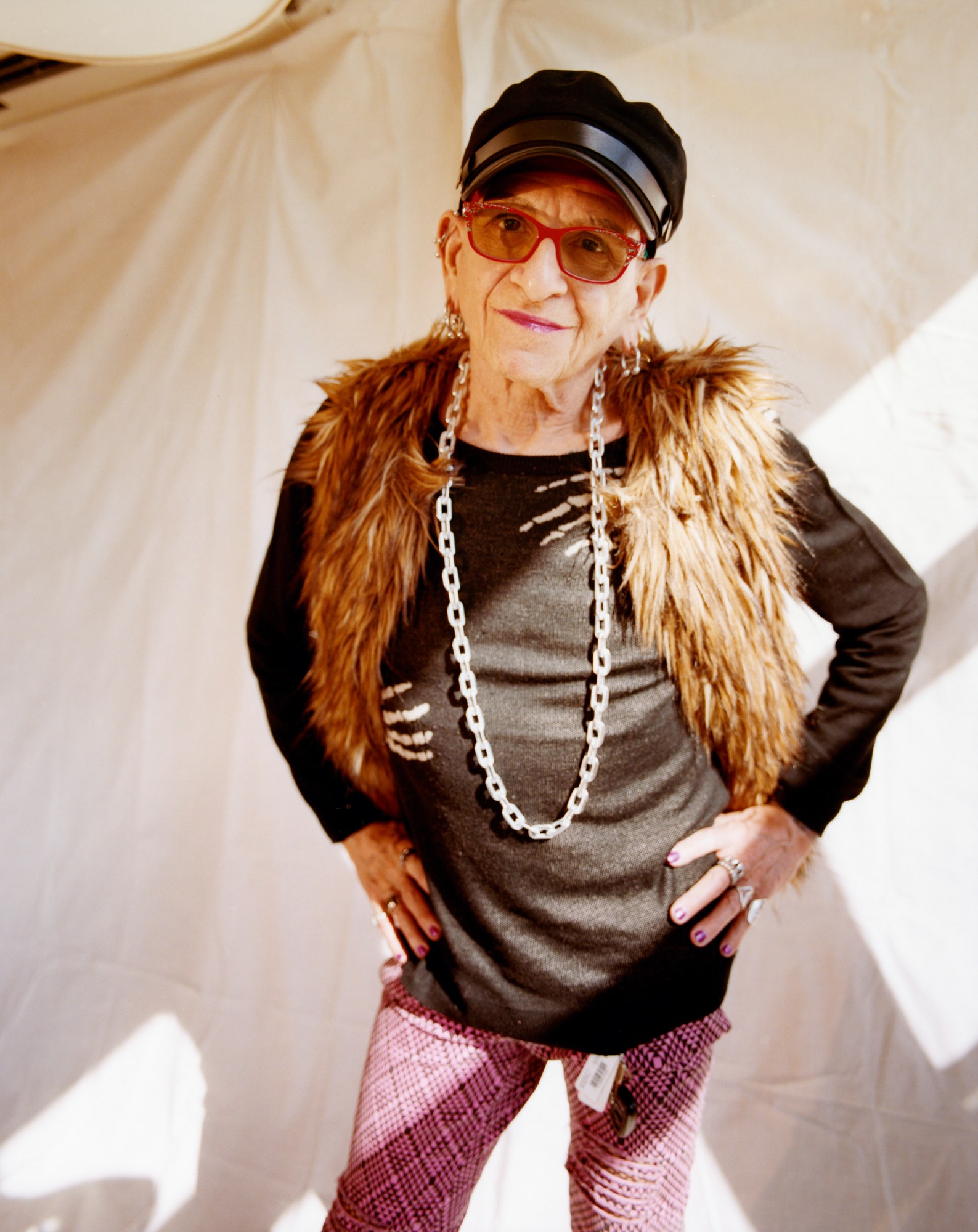
Renée Imperato — born and raised in Hell’s Kitchen — was in Vietnam at the time the Stonewall riots broke out, but is very much a veteran of the scene. “I’ve been in fights all my life, but you know who started the Stonewall revolution?” Renée says. “Trans, lesbian, gay people of colour. They paid for that with their lives and with their bodies. That’s what needs to be known. I’m hell-bent on making it known. That’s how people got to this point today. There was a time in my life when I was a male impersonator. That’s what a lot of us were, before our realness emerged. We owe it to trans people of colour, they’re the ones who started the Stonewall rebellion. I’ve gone from being a prisoner, to ‘watch me not give a fuck what you think’. No one gives it to you, no politician on the city council.”
While there is this sense of invisibility, the SAGE group certainly isn’t blaming the contemporary members of the LGBT+ community. Renée owes as much to the young people carrying the torch as much as the trailblazers of the previous generation. “Young people have refilled our gas tanks, I owe them everything,” Renée finishes with. “I’m not one of the people pulling rank, saying ‘oh I did this, I did that’. It’s what you’re doing now. I don’t know where I’d be without them. They saved my life, period.”
Credits
Photography Joshua Woods
Photography assistance Joey Abreu. Special thanks to Alysa Stryker and SAGE NYC.
Additional reporting Nicole DeMarco
